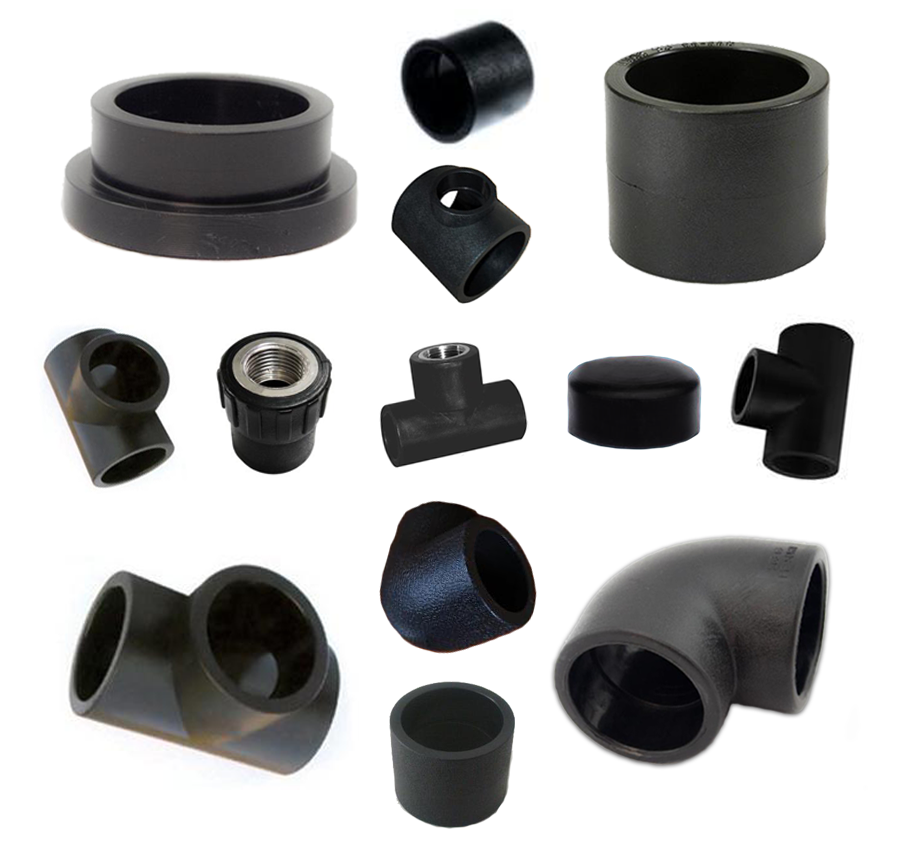ball valve 3000 psi manufacturers
The Versatility and Importance of 3000 PSI Ball Valves
In various industries, the significance of effective fluid control cannot be overstated. One of the most essential components in fluid systems is the ball valve, particularly those rated for high pressures such as 3000 PSI. This article explores the manufacturing landscape of 3000 PSI ball valves, highlighting their features, applications, and the reasons they remain a preferred choice among engineers.
Understanding Ball Valves
A ball valve is a type of quarter-turn valve that uses a spherical disc to control fluid flow. The ball has a hole through its center, which, when aligned with the flow, allows it to pass through. Conversely, when the ball is rotated 90 degrees, the flow is blocked. This straightforward mechanism provides robust shut-off capabilities and excellent flow characteristics, making ball valves ideal for high-pressure applications.
The Importance of High-Pressure Ratings
The designation of a ball valve as a 3000 PSI valve indicates its ability to handle high-pressure applications safely and effectively. Various industries, from oil and gas to chemical processing, often operate under high-pressure conditions, making reliable equipment crucial. A ball valve with a 3000 PSI rating not only ensures durability but also offers peace of mind to operators, knowing that their systems can withstand extreme conditions without failure.
Key Features of 3000 PSI Ball Valves
Manufacturers of 3000 PSI ball valves incorporate several key features that enhance their performance
1. Material Selection High-quality materials such as stainless steel, carbon steel, and various alloys are commonly used in the construction of these ball valves. These materials provide excellent corrosion resistance and strength, essential for maintaining integrity under pressure.
2. Design Configurations 3000 PSI ball valves come in various designs, including full-port and reduced-port options. Full-port valves allow for a higher flow rate and lower pressure drop, while reduced-port valves are more compact and cost-effective for specific applications.
3. Actuation Options These valves can be equipped with manual or automated actuation systems. Electric, pneumatic, and hydraulic actuators are common choices, allowing for remote operation and integration into automated systems, improving overall operational efficiency.
4. Sealing Mechanisms Advanced sealing technologies, such as PTFE (Polytetrafluoroethylene) seals, ensure that the valve maintains a tight seal under high pressure, preventing leaks and contamination within the fluid system.
ball valve 3000 psi manufacturers

Applications of 3000 PSI Ball Valves
The applications for 3000 PSI ball valves are extensive, encompassing a wide array of industries
- Oil and Gas Used in drilling operations, transportation, and processing plants, these valves control the flow of oil and natural gas safely and efficiently. - Chemical Processing In settings where aggressive chemicals are handled, ball valves can regulate flow with minimal risk of corrosion or leaks.
- Water Treatment High-pressure ball valves are essential in water treatment facilities, where pressure control is critical to maintaining system integrity.
- Power Generation In the power sector, these valves are employed in various applications, from steam systems to cooling processes, requiring robust and reliable solutions.
Choosing the Right Manufacturer
When selecting a manufacturer for 3000 PSI ball valves, several factors should be considered, including
- Quality Assurance Look for manufacturers that adhere to international standards such as ISO and API to ensure product reliability and performance.
- Customization Options Some manufacturers offer tailored solutions to meet specific application needs, including unique dimensions, materials, or actuation methods.
- Technical Support and Service Choose a manufacturer that provides comprehensive customer support, ensuring that any issues can be resolved promptly, minimizing downtime.
Conclusion
3000 PSI ball valves are integral components across a plethora of industrial applications, offering unmatched reliability and performance in high-pressure conditions. With a range of features and customization options from a variety of manufacturers, these valves continue to be a popular choice for engineers and operators seeking efficiency and safety in fluid control systems. As industries evolve and demand increases, the importance of high-quality ball valves will only continue to grow.
-
The Key to Fluid Control: Exploring the Advantages of Ball Valves in Industrial SystemsNewsJul.09,2025
-
The Versatile World of 1, 2, and 3 Piece Ball ValvesNewsJul.09,2025
-
Stainless Steel Ball Valves: The Ideal Choice for Efficient Flow ControlNewsJul.09,2025
-
Optimizing Fluid Control with Ball Float ValvesNewsJul.09,2025
-
Manual Gate Valves: Essential for Control and EfficiencyNewsJul.09,2025
-
Everything You Need to Know About Butterfly ValvesNewsJul.09,2025
-
The Versatility of Wafer Type Butterfly ValvesNewsJul.08,2025




